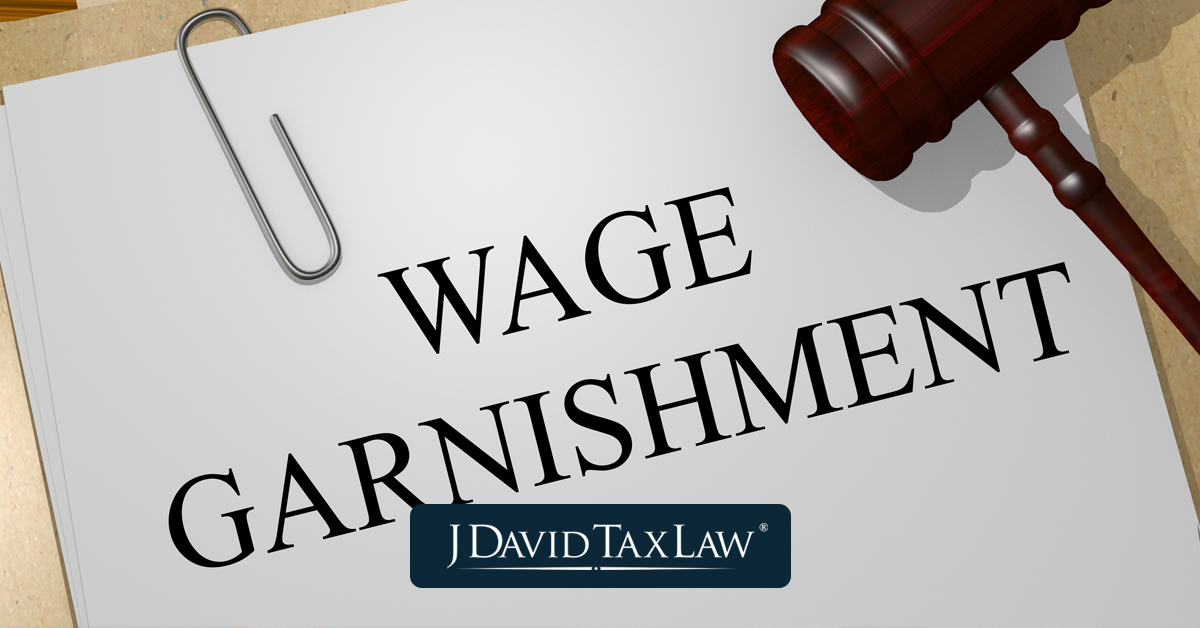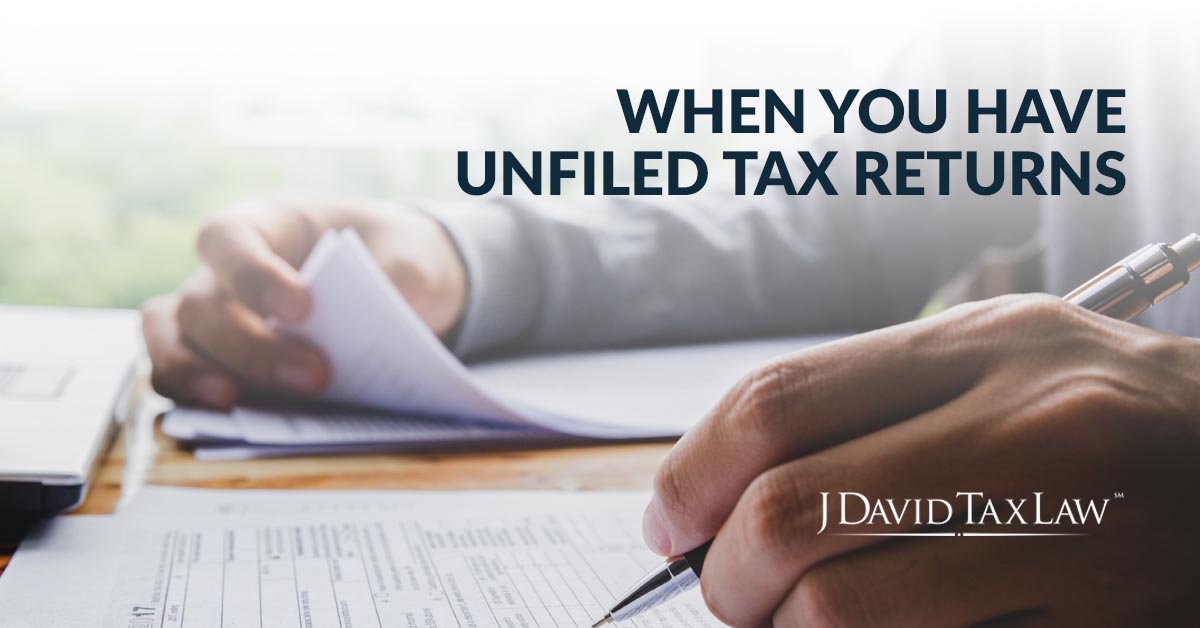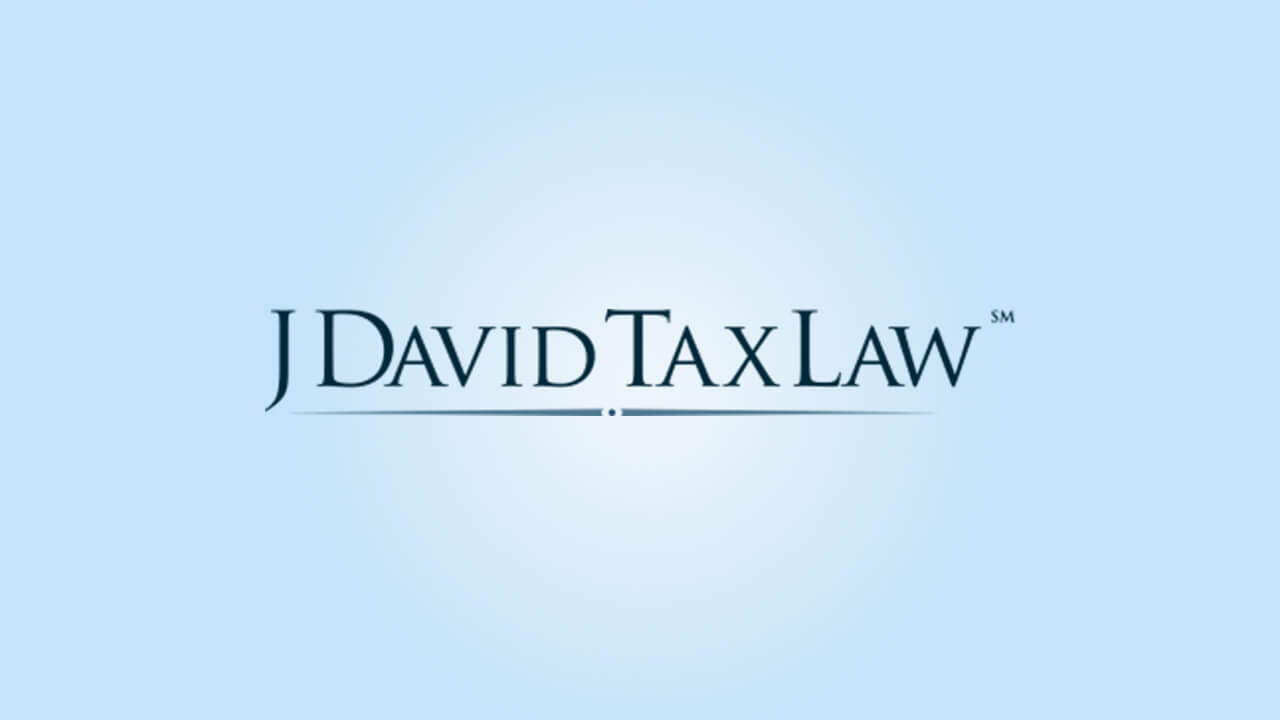Understanding IRS Wage Garnishments: A Comprehensive Overview

Understanding IRS Wage Garnishments: A Comprehensive Overview
Introduction:
The Internal Revenue Service (IRS) is responsible for collecting federal taxes in the United States. In certain cases, when taxpayers fail to meet their tax obligations, the IRS may resort to wage garnishments as a means of recovering the unpaid taxes. This article aims to provide a comprehensive overview of IRS wage garnishments, including the process, implications, and potential resolutions for individuals facing this situation.
What is an IRS Wage Garnishment?
An IRS wage garnishment is a legal procedure used by the IRS to collect unpaid taxes directly from an individual’s wages. It allows the IRS to order an employer to withhold a portion of an employee’s wages and remit it to the IRS to satisfy the tax debt. The amount withheld depends on the taxpayer’s filing status, number of dependents, and other factors.
The Process of IRS Wage Garnishment:
Notice: The IRS typically sends a series of notices to the taxpayer before resorting to wage garnishment. These notices inform the taxpayer about the amount owed, the payment deadline, and potential consequences of non-compliance.
Final Notice of Intent to Levy: If the taxpayer does not respond to the previous notices or fails to pay the outstanding tax debt, the IRS will issue a Final Notice of Intent to Levy. This notice serves as a warning that the IRS intends to garnish the taxpayer’s wages if the debt is not resolved within 30 days.
Wage Garnishment: If the taxpayer fails to take appropriate action within the 30-day period, the IRS will contact the taxpayer’s employer and issue a wage garnishment order. The employer is legally required to comply and withhold a portion of the employee’s wages.
Implications of IRS Wage Garnishments:
Financial Impact: Wage garnishments can have a significant financial impact on individuals. The IRS typically garnishes a percentage of the taxpayer’s disposable income, which can leave the taxpayer with reduced take-home pay, affecting their ability to meet other financial obligations.
Reputation and Credit Score: An IRS wage garnishment can be embarrassing and damaging to an individual’s reputation. Additionally, it may negatively affect their credit score, making it difficult to obtain loans or credit in the future.
Resolving IRS Wage Garnishments:
Communication with the IRS: It is crucial for individuals facing wage garnishments to communicate with the IRS promptly. Contacting the IRS and discussing the situation may help in finding a resolution, such as setting up an installment agreement or negotiating an offer in compromise.
Offer in Compromise: In some cases, taxpayers may be eligible to settle their tax debt for less than the full amount owed through an Offer in Compromise (OIC). This option requires demonstrating financial hardship and offering a lump sum or installment payments to settle the debt.
Installment Agreement: Taxpayers may also negotiate an installment agreement with the IRS, which allows them to pay off the debt over an extended period in regular monthly installments. This can provide some relief and prevent further wage garnishment.
Innocent Spouse Relief: If the tax debt is the result of a spouse’s actions, innocent spouse relief may be an option. It provides relief from joint liability, protecting an individual from being held responsible for their spouse’s tax debt.
Conclusion:
IRS wage garnishments are a serious matter that can significantly impact individuals’ finances and personal lives. It is crucial to take timely action and communicate with the IRS to explore potential resolutions and avoid or minimize the consequences of wage garnishments. Seeking professional assistance from the IRS tax attorneys at J David Tax Law allows you to navigate the complex processes that are involved with peace of mind and also ensures the best possible outcome for taxpayers. Click here to request a consultation.









